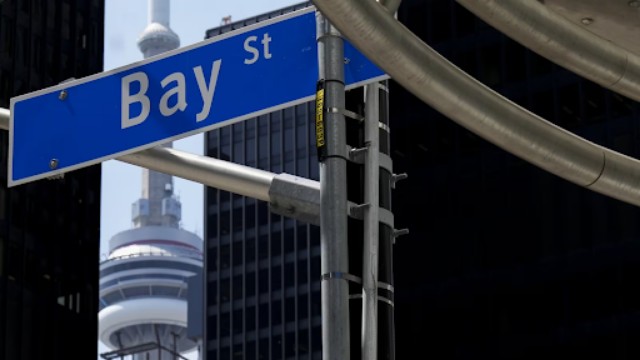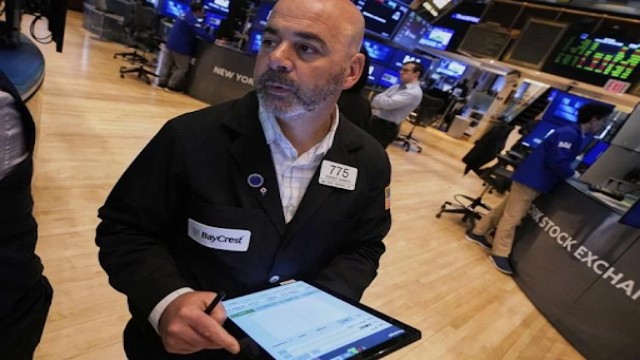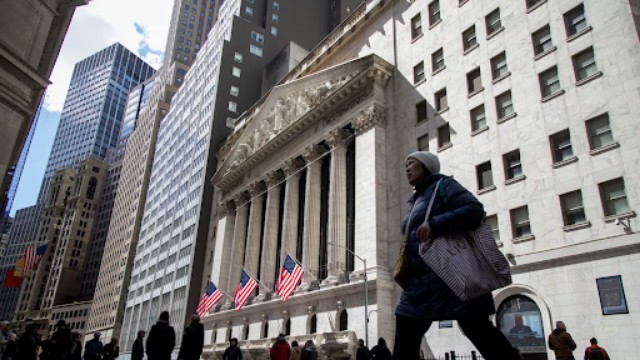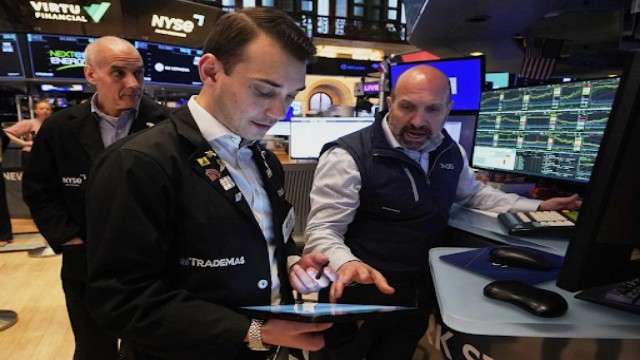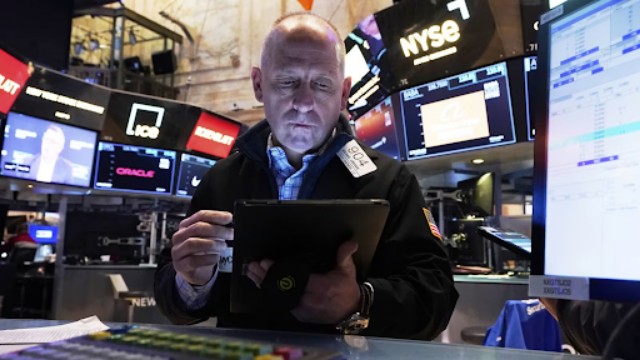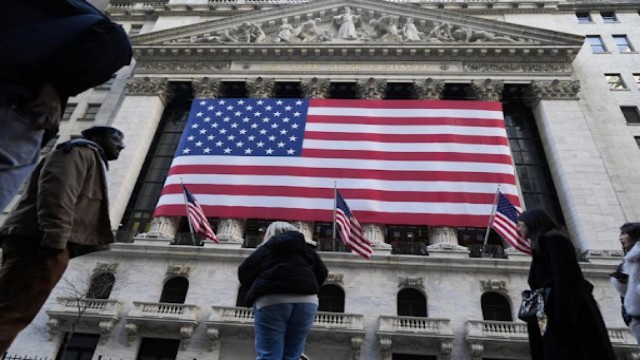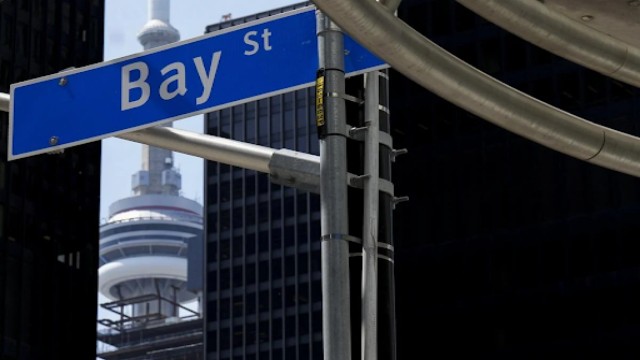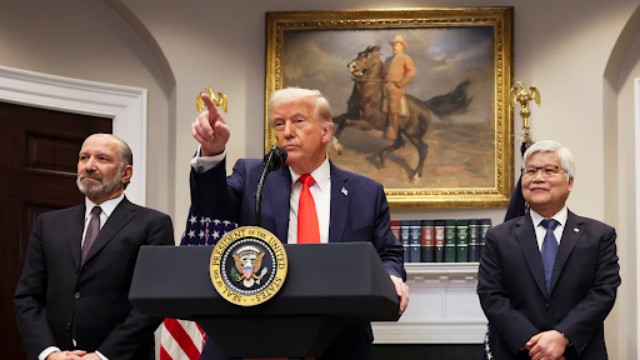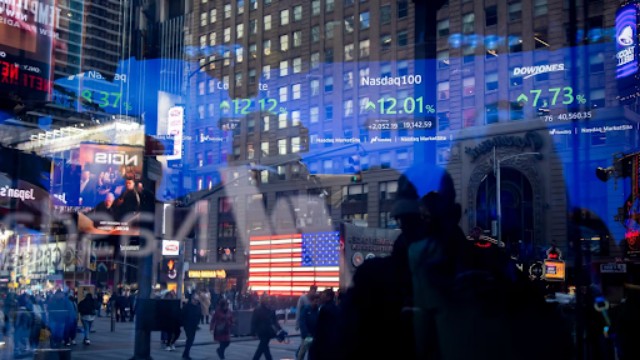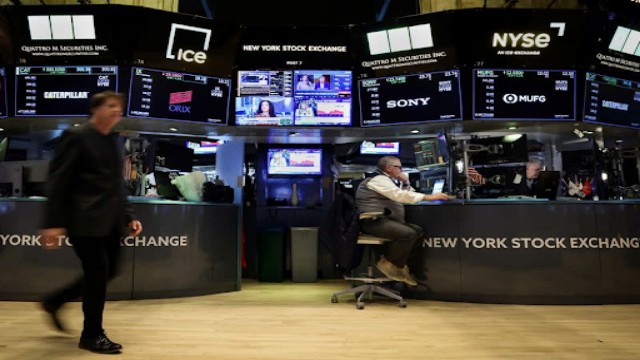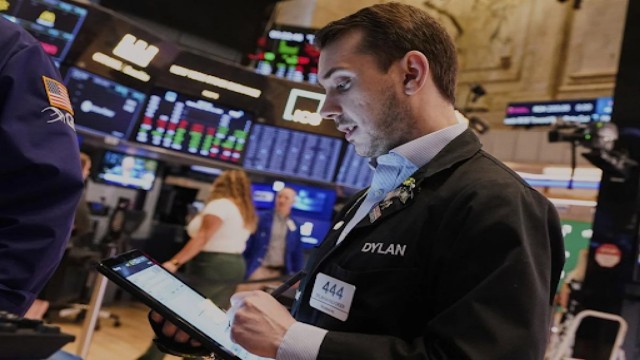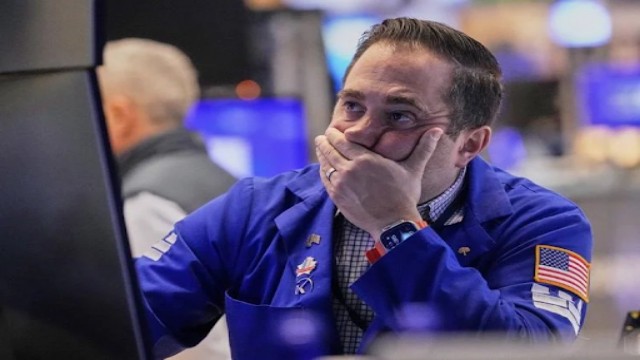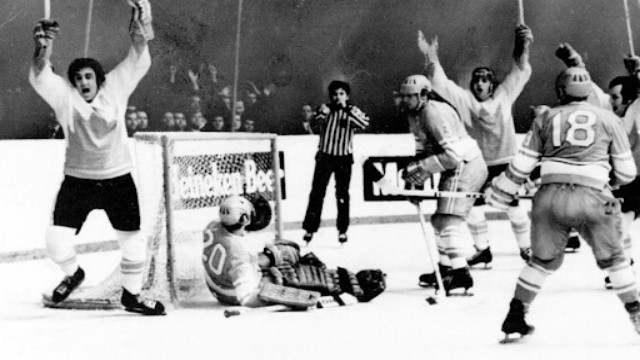
On September 28, 1972, in Moscow, Team Canada's Phil Esposito raised his arms after scoring against Soviet goaltender Vladislav Tretiak in the series' final game. Teammates Ron Ellis and Paul Henderson cheered alongside him, while Soviet players Vladimir Lutchenko and Vladimir Vikulov looked on.
The U.S. and Canadian hockey teams are set to battle for the 4 Nations Face-Off title on Thursday night in what is shaping up to be one of the most thrilling international hockey tournaments in years. Beyond the ice, political tensions between the two nations have loomed, but players and coaches are determined to focus on the game itself.
With memories of past legendary hockey moments—like the U.S. "Miracle on Ice" victory over the Soviet Union in 1980—both teams aim to inspire a new generation of players. U.S. coach Mike Sullivan, who was 11 when that historic game took place, believes his team has a chance to leave a lasting impact.
“This group understands the opportunity they have. They can inspire the next wave of hockey players,” Sullivan said.
The NHL’s return to international play this year replaced the traditional All-Star Game, offering fans an intense, high-stakes tournament featuring the best players from the U.S., Canada, Finland, and Sweden. The competition has been electric, with the U.S.-Canada showdown last Saturday drawing the highest non-Stanley Cup viewership in a decade.
"Anyone expecting an exhibition match was completely mistaken," said Canada coach Jon Cooper. "These are elite players, but they’re playing for something real."

On February 22, 1980, at the Winter Olympics in Lake Placid, New York, Team USA faced off against the Soviet Union in the men's hockey semifinals, a game that would become one of the most memorable moments in Olympic history.
The political backdrop has added fuel to the rivalry. Recent trade disputes and controversial remarks about Canada being the "51st state" have stirred emotions on both sides. Canadian fans loudly booed the U.S. national anthem in Montreal, while American supporters in Boston responded with a passionate rendition of "The Star-Spangled Banner."
Despite the off-ice tensions, players insist that hockey remains the focus. U.S. forward Matthew Tkachuk sees the final as a chance to elevate the sport.
“Our team has already helped hockey grow in the U.S. A win could push that even further,” he said.
For Canadian forward Brad Marchand, the game is about creating lasting memories. He recalls watching Canada’s gold medal win over the U.S. in the 2002 Salt Lake City Olympics, and hopes young fans today will experience something similar.
“This is a privilege. These games stick with you forever,” Marchand said.
Last Saturday’s U.S. win, 3-1, was a fiery clash that began with three fights in the first nine seconds before turning into a fast-paced showcase of skill and intensity. The rematch promises to be even bigger.
“The atmosphere is going to be unreal,” Tkachuk added. “Representing your country is an honour, and what we’ve built here is more than we ever imagined.”
Fans are going all out to witness the action. Ted Sells travelled from Saskatchewan to Boston, enduring a 12-hour journey just to support his team. Meanwhile, James Kopacki, a U.S. Navy veteran, splurged $1,500 on tickets, with prices soaring as anticipation grows.
“If they hit $5,000, we might sell them and just watch at a bar,” he joked.
No matter the outcome, the teams are set to deliver a hockey spectacle that fans won’t forget.


